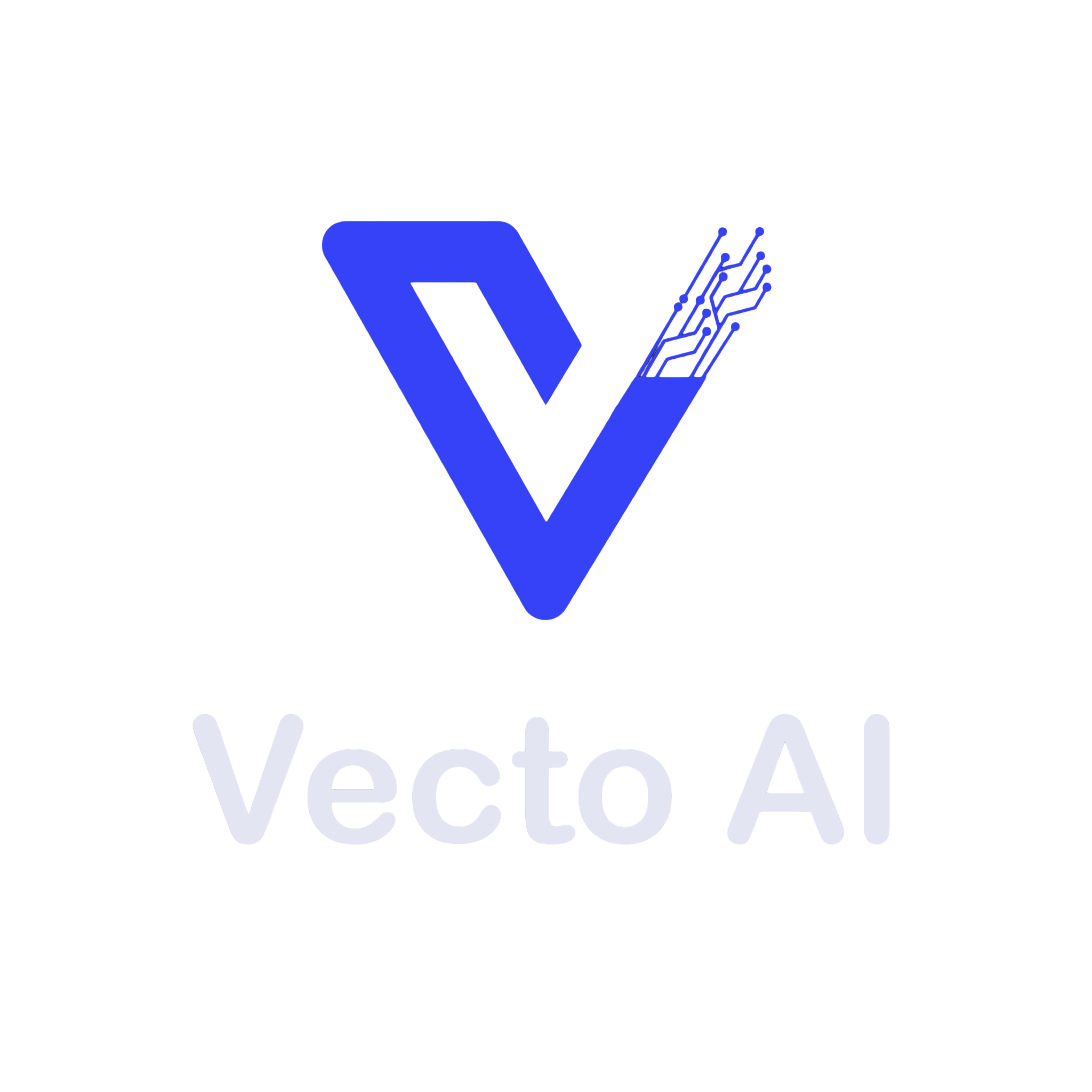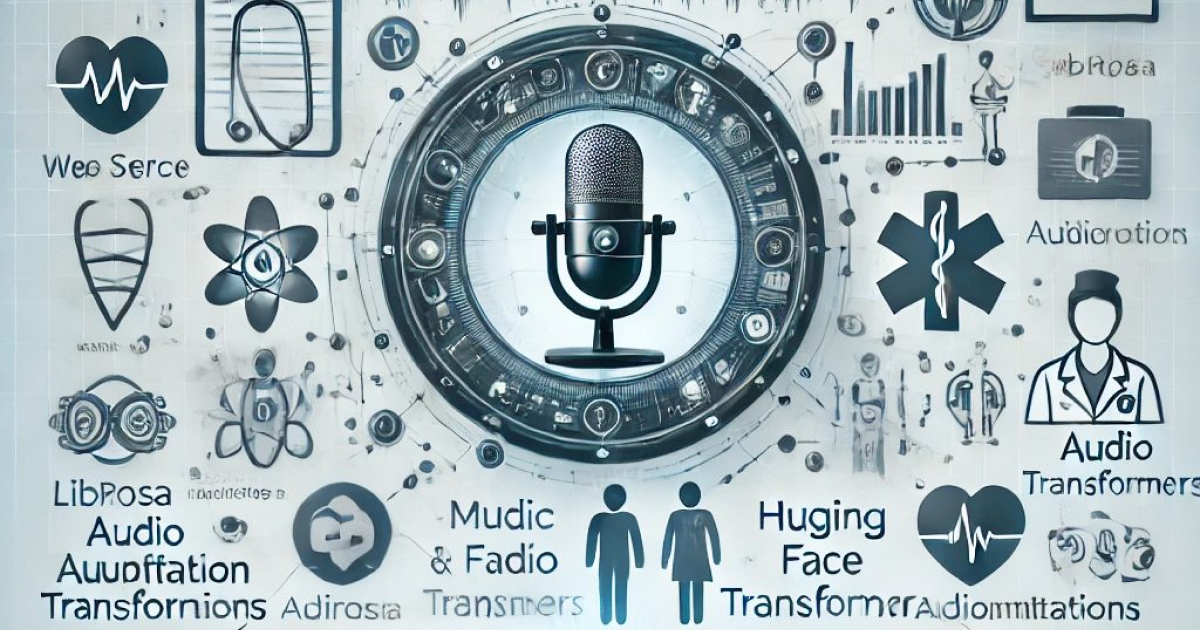Medical Speech-to-Text Model Development and Web Service
This project, titled “Development of a Medical Speech-to-Text Model and Web Service for Processing Medical Audio Data,” aims to create an advanced system for accurately converting medical audio files into text. The system will be available as a web service for easy access. Key phases of the project include:
- Medical Audio Data Collection and Augmentation
Medical audio data, including doctor-patient conversations and notes, is collected from trusted sources. Data augmentation techniques, such as time-stretching, background noise addition, and pitch shifting, are used to improve system performance under various conditions using tools like Audiomentations and PyDub.
- Audio Data Preprocessing
Collected audio is preprocessed to remove noise and normalize quality using LibROSA. Unnecessary segments are trimmed, and files are converted into standard formats to ensure high-quality data for the speech-to-text system.
- Speech-to-Text Model Development
A specialized speech-to-text model is trained to accurately recognize medical terminology. Using Hugging Face Transformers, the model is optimized for converting complex medical conversations into text with high precision.
- Web Service Development with FastAPI
The system is deployed as a web service using FastAPI, enabling users to upload audio files or stream live audio for real-time transcription. The service offers quick, accurate text output and uses Pydantic for input validation.
- Model Evaluation and Accuracy Improvement
The model is tested in various real-world scenarios, including noisy environments and multi-speaker conversations. The system is continually optimized to improve transcription accuracy.
- Medical Applications of Speech-to-Text
– **Medical Recordkeeping**: Helps healthcare professionals convert conversations or instructions into text for recordkeeping.
– **Audio Data Analysis**: Enables analysis of transcripts for automatic disease diagnosis or extracting key medical insights.
– **Improved User Experience**: Enhances audio-based interactions in medical systems, reducing the need for manual note-taking.
Technologies Used:
– Advanced speech-to-text model for medical data conversion.
– **FastAPI** for building and managing the web service.
– **LibROSA** for noise removal and normalization.
– **Audiomentations** and **PyDub** for audio data augmentation.
– **Hugging Face Transformers** for managing NLP models.
– **Pydantic** for input validation.
– **NumPy** and **SciPy** for mathematical operations and audio processing.

